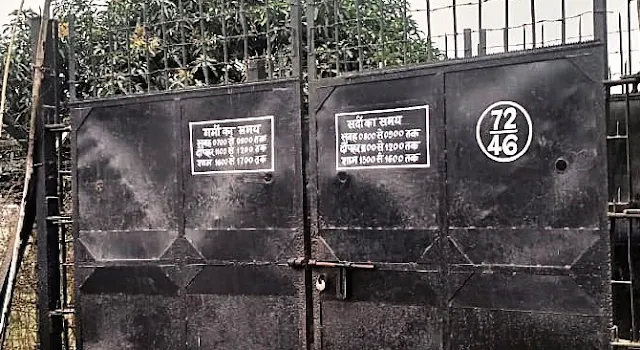A human rights crisis is unfolding at the Indo-Bangladesh border in West Bengal's Uttar Dinajpur district, where around 65 families of Chhoto Fulbari village are reportedly living under virtual house arrest due to restrictions imposed by the Border Security Force (BSF). In a letter addressed to the National Human Rights Commission (NHRC), Banglar Manabadhikar Suraksha Mancha (MASUM) has detailed the severe rights violations and neglect faced by residents.
According to the letter submitted by Kirity Roy, Secretary of MASUM, the villagers are fenced off from the rest of the country, with access tightly controlled through Gate No. 72/46, opened only for limited hours each day. In medical emergencies, the gate remains shut unless special permission is granted — often delaying critical care.
“The people of Chhoto Fulbari are prisoners in their own country,” said Roy. “They are deprived of their basic rights, their dignity, and even the ability to farm their own land or visit family. This is a complete failure of constitutional governance.”
The village, bordered by a small stream named Chhoto Nagar marking the international boundary, has seen a sharp population decline since the 1990s. Those who could afford to move have left; around 40 families remain inside the fencing. Farming activities, once the community’s lifeline, have been severely restricted by BSF orders, leaving residents without steady livelihoods.
Infrastructure is virtually nonexistent. The village lacks roads, sanitation, and healthcare services. Residents have no toilets or bathrooms, making daily life a struggle. The absence of transport and medical access has left the sick and elderly especially vulnerable.
Roy also highlighted cultural and religious violations, including restrictions on food: “The BSF has no right to decide what Indian citizens can or cannot eat. Denying beef based on arbitrary rules is an attack on cultural freedom.”
The isolation of the village has led to increasing instances of intra-family marriages due to lack of outside connections, raising serious social and health concerns. The inability of relatives to visit due to BSF controls is further deepening the emotional and psychological distress among villagers.
MASUM has urged the NHRC to initiate an urgent investigation, relocate BSF camps to the zero line, and direct the government to restore access to basic services and freedoms. The letter also points to India’s obligations under international human rights treaties, including the ICCPR and ICESCR, which it accuses the state of violating.
As of now, the NHRC has not issued a response. However, Roy’s appeal is drawing attention from rights organizations and is likely to intensify scrutiny on the treatment of border communities.



Comments